Premium Only Content
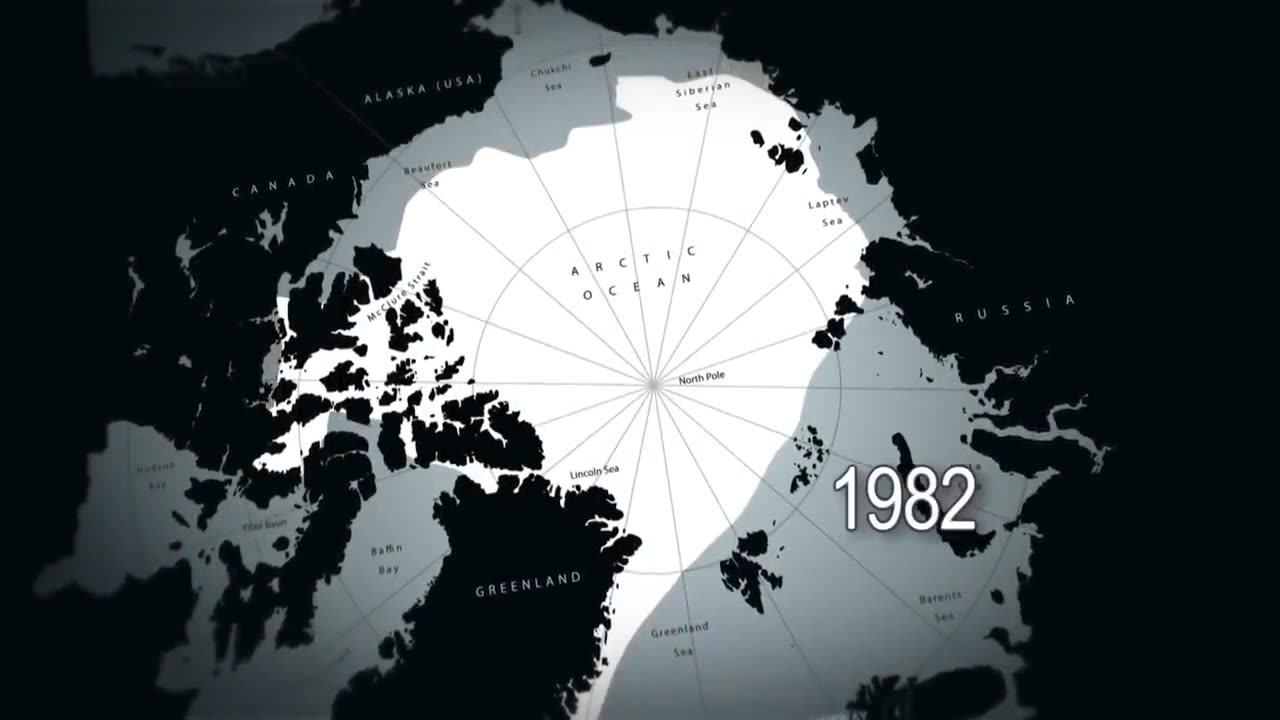
Oil and Gas in the Arctic | Ice Race | Free Documentary
Oil and gas are the very blood of our modern industrial society and our last major reserves are to be found in the Arctic.
The lives of practically everyone on earth would be different if we did not have oil and gas. Our reserves will soon become depleted, apart from in the Arctic. Our episode entitled “Entering Virgin Territory” explains the dramatic energy situation. How would this impact the vulnerable Arctic environment and the indigenous populations living in the area? Should Arctic considerations take precedence over the living standards of the rest of the world? The situation is most dramatic in the USA. This superpower will soon have no major oil wells left. The country is currently consuming three times as much oil as it produces and it is paying sky-high prices throughout the world to secure access to this black gold. The northernmost town in the USA, Barrow, lies in the middle of an area that is believed to contain Alaska’s richest oil reserves. The local Eskimo population lives mainly off the area’s natural land and sea resources, and an indomitable will to survive. They are now directing their energy towards the oil industry that wants to establish activities in the area.
As the Polar ice starts to melt the oil industry is dreaming about making major oil and gas finds in this more or less untouched territory. The violent conflicts and wars that are taking place in some of the world’s most affluent oil states are adding further fuel to these dreams. But who should be entitled to extract future oil and gas reserves in the Arctic? Where do the borders run in this icy territory? History has shown us that this is an extremely dangerous situation. Because will a world that is becoming increasingly more dependent on oil respect national borders, and historic territorial claims and be able to resolve border conflicts amicably? In our fourth and final programme, “Border Conflict”, we show how the new race in the Arctic is creating new borders and new conflicts.
-
 2:55:11
2:55:11
Barry Cunningham
5 hours agoPRESIDENT TRUMP MADE TODAY A VERY BAD DAY TO BE A DEMOCRAT!
66.5K40 -
 1:15:29
1:15:29
Flyover Conservatives
22 hours agoFrom Cool to Cringe: How Democrats Lost America’s Ear | FOC Show
23.5K3 -
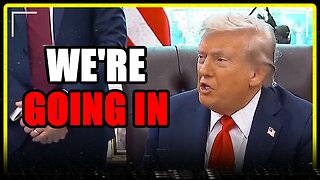 8:19
8:19
MattMorseTV
8 hours ago $0.26 earnedTrump is ACTUALLY DOING IT.
21.5K31 -

ZWOGs
11 hours ago🔴LIVE IN 1440p! - Tarkov w/ Casey & crgoodw1n, Kingdom Come Deliverance, & More - Come Hang Out!
18K5 -
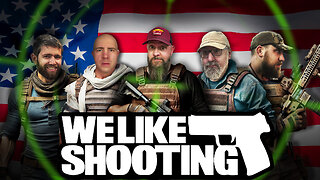 LIVE
LIVE
We Like Shooting
15 hours ago $0.03 earnedWe Like Shooting 625 (Gun Podcast)
161 watching -
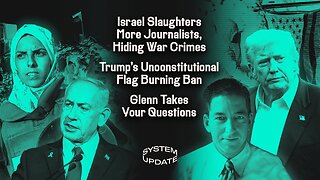 1:45:02
1:45:02
Glenn Greenwald
6 hours agoIsrael Slaughters More Journalists, Hiding War Crimes; Trump's Unconstitutional Flag Burning Ban; Glenn Takes Your Questions | SYSTEM UPDATE #504
113K121 -
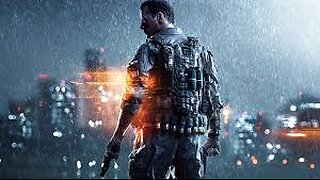 1:29:31
1:29:31
Killerperk
3 hours ago $0.36 earnedRoad to BF6. Come hang out #regiment #bf6
19.8K1 -
 LIVE
LIVE
Jokeuhl Gaming and Chat
4 hours agoDARKTIDE - Warhammer 40k w/ Nubes Bloobs and AoA
55 watching -
 LIVE
LIVE
Cripiechuccles
5 hours ago😁💚💙MOTA MONDAY WITH CRIPIE💚💙 👌SMOKING, GAMING & WATCHING FLICKS!:😁
43 watching -
 36:11
36:11
Stephen Gardner
3 hours ago🔥'Burn ALL TRUMP FLAGS’ says Tim Walz + Democrat CAUGHT rigging own election!
20.1K12